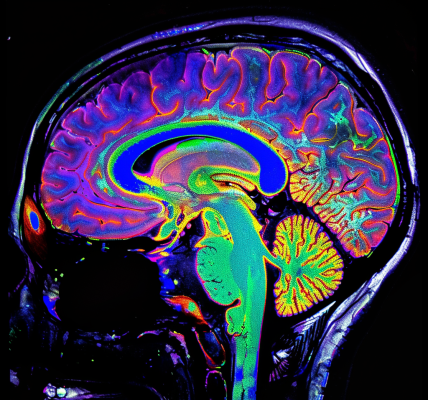Your Privacy, Your Choice
In today’s digital landscape, the management of personal data has become a crucial aspect of online interaction. Websites often utilize cookies to ensure functionality and enhance user experience. Essential cookies are necessary for the basic operations of a site, while optional cookies can be used to personalize content, facilitate advertising, analyze usage, and integrate social media functionalities.
When users accept optional cookies, they are giving consent for their personal data to be processed, which may include sharing information with third parties. It’s important to note that some of these third parties might operate outside the European Economic Area, where data protection standards can vary significantly.
For users who are concerned about their privacy, there are options available to manage cookie preferences. This allows individuals to make informed decisions about what data they are comfortable sharing. Users can choose to accept all cookies or reject optional ones, tailoring their online experience according to their privacy preferences.
The importance of understanding cookie usage and data processing cannot be overstated, especially in an age where data privacy is a growing concern. By being proactive about their choices, users can protect their personal information while still enjoying the benefits that come with personalized online experiences.
Recent Developments in Cancer Research
A groundbreaking study published in Nature Cancer has shed light on the unique structural configuration of extracellular vesicle-derived DNA (EV-DNA) and its implications for antitumor immunity. The research, led by a team of scientists including Inbal Wortzel and David Lyden, explores how EV-DNA can play a pivotal role in preventing metastatic progression in colorectal cancer.
Extracellular vesicles (EVs) are small membrane-bound structures that transport biomolecules, facilitating communication between cells. Previous studies have indicated that EVs contain DNA that reflects the entire genome. However, the mechanisms behind the packaging of genomic EV-DNA and its relevance to cancer have remained largely unexplored.
This new research reveals that EV-DNA is primarily located on the surface of the vesicles and is associated with specially modified and cleaved histones. A comprehensive genome-wide CRISPR knockout screen identified several immune developmental pathways and key genes, such as apoptotic peptidase activating factor 1 (APAF1) and neutrophil cytosolic factor 1 (NCF1), that are crucial for the regulation of EV-DNA packaging.
In models of colorectal cancer, the uptake of EV-DNA by Kupffer cells (KCs) in the pre-metastatic liver triggered DNA damage responses. This activation led to a change in the cytokine production of KCs and promoted the development of tertiary lymphoid structures, which are known to suppress liver metastasis. Conversely, a reduction in APAF1 levels was found to decrease EV-DNA packaging and increase the likelihood of liver metastasis.
Importantly, the study suggests that the secretion of EV-DNA from colorectal cancer biopsies could serve as a predictive biomarker for the risk of postoperative metastasis. This finding highlights the potential of EV-DNA as a tool for early detection and intervention in cancer treatment.
The implications of this research are vast, providing new insights into the relationship between EV-DNA and immune responses in cancer. As scientists continue to unravel the complexities of EVs and their contents, the potential for innovative therapeutic strategies grows, offering hope for improved outcomes in cancer treatment.
The exploration of EV-DNA not only enhances our understanding of cancer biology but also opens avenues for developing targeted therapies that could significantly impact patient care. The ongoing research in this field underscores the importance of continued investigation into the mechanisms of cancer progression and the body’s immune response.
As the scientific community delves deeper into the role of extracellular vesicles and their genetic material, the potential for breakthroughs in cancer treatment becomes increasingly promising. The intersection of immunology and cancer research is poised to redefine therapeutic approaches, paving the way for more effective interventions in the fight against cancer.





